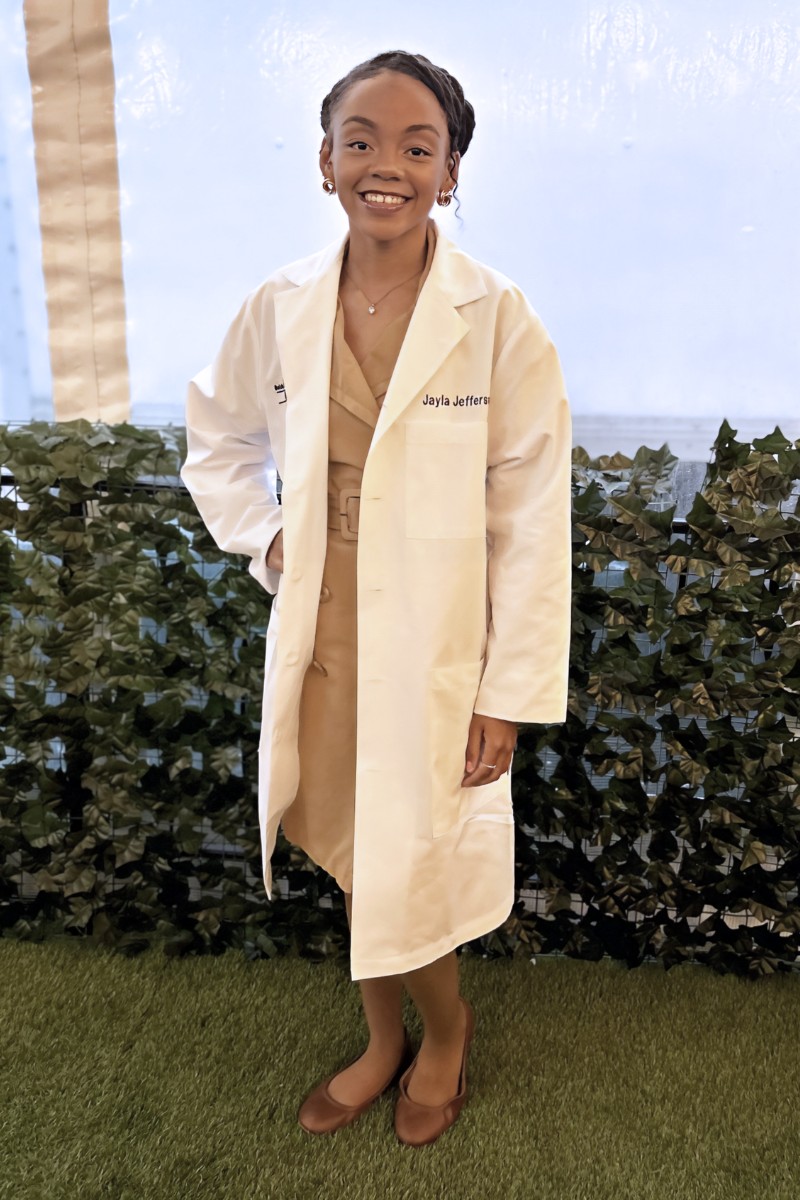Warrior Insiders: How I found my research mentor

We've all heard about the importance of networking. Although it seems to be overstated, it couldn't be more true. I'm more of an introvert, so I used to dislike it when people would tell me I had to network to find opportunities. But once you're in a professional setting, networking becomes easier.
My route to find a research mentor was more traditional at Wayne State. During my freshman year, I joined a program called ReBuild Detroit, which focuses on “biomedical research training for underrepresented undergraduate students.” In this program, we are required to do summer research with mentors on campus. In the beginning stages of finding a mentor, I was given a list of the professionals' names and what their research focused on.
I tuned in more to public health fields that had a social lab. I found a mentor who interested me because I asked the right questions to get to know her. My mentor looked like me and could educate me on what it means to be a Black woman in STEM research. I was interested in her community work as well.
Once I narrowed my mentor options down, I emailed my top three choices to introduce myself and ask if they could meet over Zoom. Before my interview, I researched the professors' work and prepared questions to show them I was interested in working in their lab. During my interview, I asked questions about their research and how they got into their career fields along their path to getting where they are today. Although you will be working in a professional setting, it is good to know who you are talking to on a personal level. I was very nervous in this process; I had never done research before, but almost all mentors know that undergraduate students may have never worked in a lab, so they understand you are there to learn.
From my experience, as long as you are comfortable communicating and able to attend various events, it will help you connect with different researchers and professionals. If you are looking for mentors on your own, attending different campus events or in different schools/areas is important.
Research conferences, symposiums, and job fairs are great ways to get out there and explore your options. If you decide to go to these events, dress professionally in clothes that make you feel comfortable and confident. Take a few copies of your CV, which is like a resume but shows the full history of your academic credentials. If you do not have that just yet, a resume is fine. Just make sure it is up to date. Lastly, be confident and open. When you show that you are confident in your skills, it will give you the power to network with your potential mentors and will help you stay focused on your goal.
I believe that all students should do research with a mentor because it is a great experience to help transition into the real world and find what future career paths you could take after your undergraduate years.
Connecting with your mentor could mean that they can help you find jobs and encourage you to speak publicly about your research. Research is a great way to find your interests and dislikes. Research with a mentor can be interesting and will open the door to new opportunities.
By CLAS Ambassador and public health major Jayla Byrd